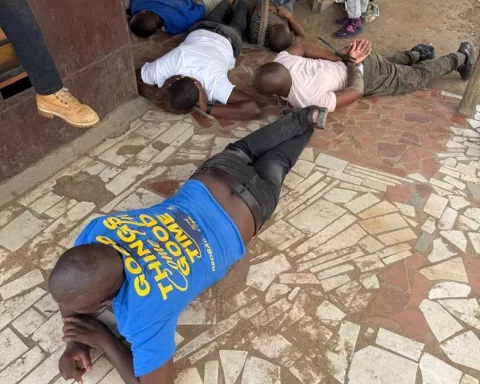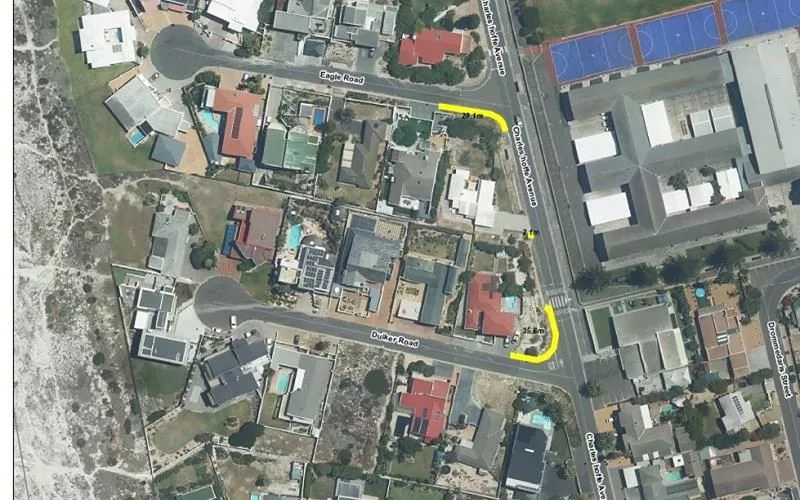Despite battling cancer at 75, King Charles III remains committed to his role as the British monarch and has stepped back from public appearances to focus on less visible duties. Prince William and Queen Camilla have taken on additional royal duties while he battles his health issue. King Charles III’s resilience embodies the enduring spirit of the monarchy and its capacity to adapt and persevere amidst challenges.
King Charles III: A Reign Shaped by Resilience
Despite being diagnosed with cancer at the age of 75, King Charles III remains committed to his role as the British monarch. He has stepped back from public appearances to focus on less visible duties while continuing to host certain face-to-face meetings. Prince William and Queen Camilla have stepped in to continue royal duties while he battles his health issue. King Charles III’s resilience exemplifies the enduring spirit of the monarchy and its capacity to adapt and persevere amidst challenges.
The Monarch’s Battle with Illness
King Charles III, who assumed the role of the British monarchy following the demise of his mother, Elizabeth II, in September 2022, has publicly shared his fight with a serious health concern. Standing at the age of 75, this iconic figure, the embodiment of heritage and steadfastness, received a diagnosis of cancer after undergoing surgery for a benign prostate disorder in January. Despite this daunting news, Charles boldly expressed his commitment to continue in his role, affirming his determination to “serve to the best of my ability.”
Following his diagnosis, Charles made a strategic move by stepping back from all obligations that required public appearances, opting to focus on less visible duties. Despite the grueling health journey, his commitment to his royal duties remained undeterred, evidenced by his decision to continue hosting certain face-to-face meetings.
In a pre-recorded address commemorating the 75th anniversary of the Commonwealth, King Charles III expressed his heartfelt appreciation for the public’s well-wishes. His words, “In recent weeks, I have been most deeply touched by your wonderfully kind and thoughtful good wishes for my health,” underscored his unwavering commitment to the Commonwealth and its citizens during his challenging health journey.
Royal Family Steps Up
While King Charles III has been battling his health issue, his wife, Queen Camilla, and their son, Prince William, have stepped in to continue the royal duties, embodying the resilience of this royal lineage. In a similar vein, Prince William’s wife, Princess Kate, also withdrew from public engagements due to her own health issue. This highlights the fact that royal duties go beyond ceremonies and public appearances.
A Call for Unity Amidst Diversity
In his address, King Charles III took the opportunity to celebrate the rich diversity of the Commonwealth while encouraging its 56 member countries to unite in addressing global climate and economic issues. He reiterated the importance of the Commonwealth in the current global scenario by saying, “Whilst we may not all have a shared history, we have common ambitions for a better future – working together to build resilience and respond to global challenges.”
His words hold significance given the diverse composition of the Commonwealth. Founded in 1949, the Commonwealth is home to one-third of the world’s population. Most of its members are former British colonies scattered across Africa, the Americas, and Asia.
In his speech, Charles skillfully used his personal struggle to highlight the varied challenges faced by the member nations of the Commonwealth. He recognized that these challenges impact each country differently but emphasized that unity is key in achieving shared objectives.
A Reign Marked by Resilience
The short period of King Charles III’s reign is already marked by personal and global challenges. Yet, he continues to stand firm, reflecting the tenacity of the monarchy he now leads. His undying determination, despite his health complications, exemplifies the essence of the monarchy, where the commitment to duty and service supersedes personal struggles.
Reflecting on the King’s situation, it becomes clear that his story is about more than just one man’s fight against illness; it symbolizes the resilience of an age-old institution. His unwavering commitment to serve, despite personal obstacles, showcases the enduring spirit of the monarchy and its capacity to adapt and persevere amidst challenges.
A Testament to Leadership and Resilience
King Charles III’s resilience and the continuity he stands for have not gone unnoticed by the Commonwealth and the world at large. As the world looks on, there is a collective wish for King Charles III’s robust health and strength. This phase of his rule stands as a testament to his dedication to serve, his unwavering commitment to duty, and the resilience of an institution that continuously faces and overcomes challenges for the welfare of its people.
1. What health issue is King Charles III battling?
King Charles III has been diagnosed with cancer at the age of 75.
2. How has King Charles III adapted to his health issue?
King Charles III has stepped back from public appearances to focus on less visible duties while continuing to host certain face-to-face meetings.
3. Who has taken on additional royal duties while King Charles III battles his health issue?
Prince William and Queen Camilla have taken on additional royal duties while King Charles III battles his health issue.
4. What does King Charles III’s resilience embody?
King Charles III’s resilience embodies the enduring spirit of the monarchy and its capacity to adapt and persevere amidst challenges.
5. What is the Commonwealth and why is it significant?
The Commonwealth is an organization of 56 member countries, most of which are former British colonies scattered across Africa, the Americas, and Asia. It is significant because it represents one-third of the world’s population and provides a platform for member countries to unite in addressing global climate and economic issues.
6. What does King Charles III’s reign symbolize?
King Charles III’s reign symbolizes the resilience of an age-old institution, where the commitment to duty and service supersedes personal struggles. His unwavering commitment to serve, despite personal obstacles, showcases the enduring spirit of the monarchy and its capacity to adapt and persevere amidst challenges.












